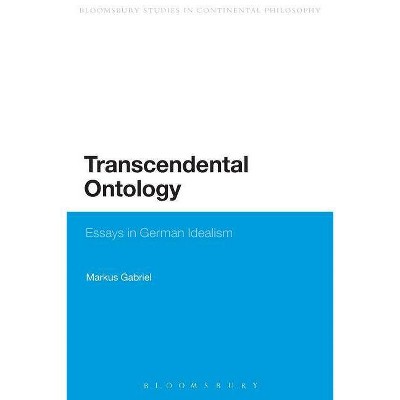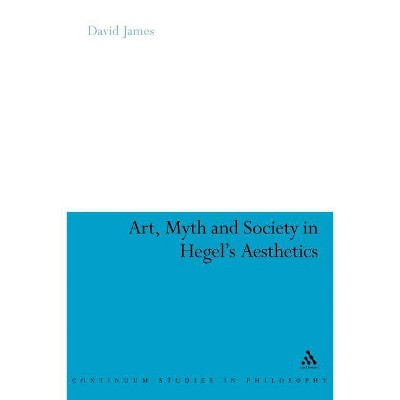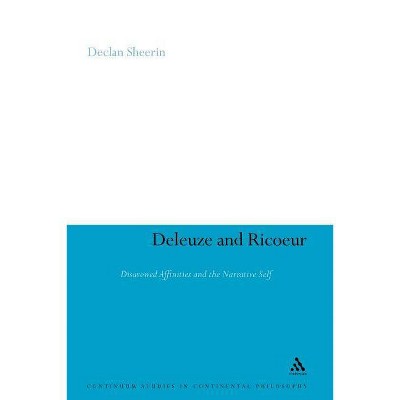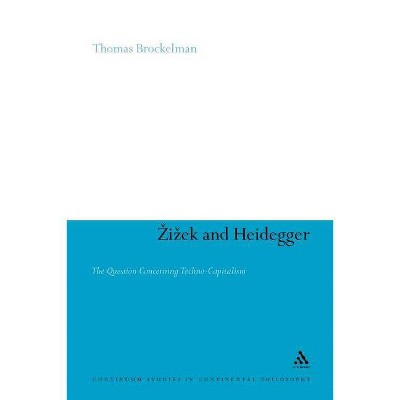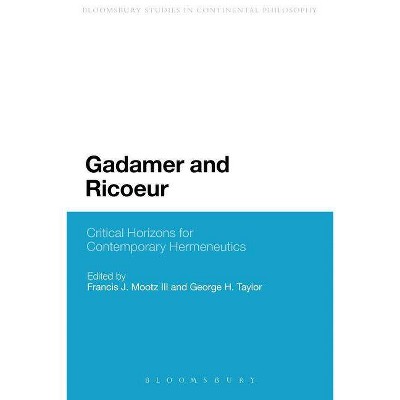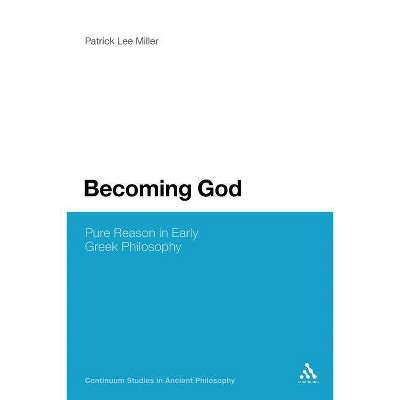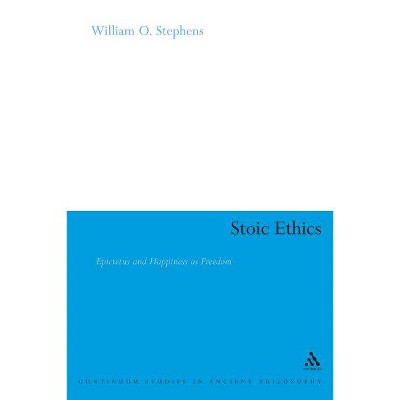Freedom and Nature in Schelling's Philosophy of Art - (Continuum Studies in Philosophy) by Devin Zane Shaw (Paperback)
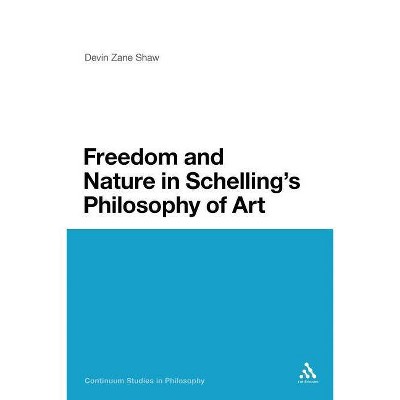
Similar Products
Products of same category from the store
AllProduct info
<p/><br></br><p><b> About the Book </b></p></br></br><p>Establishes the centrality of art in Schelling's philosophical thought.</p><p/><br></br><p><b> Book Synopsis </b></p></br></br>Schelling is often thought to be a protean thinker whose work is difficult to approach or interpret. Devin Zane Shaw shows that the philosophy of art is the guiding thread to understanding Schelling's philosophical development from his early works in 1795-1796 through his theological turn in 1809-1810. Schelling's philosophy of art is the keystone' of the system; it unifies his idea of freedom and his philosophy of nature. Schelling's idea of freedom is developed through a critique of the formalism of Kant's and Fichte's practical philosophies, and his nature-philosophy is developed to show how subjectivity and objectivity emerge from a common source in nature. The philosophy of art plays a dual role in the system. First, Schelling argues that artistic activity produces through the artwork a sensible realization of the ideas of philosophy. Second, he argues that artistic production creates the possibility of a new mythology that can overcome the socio-political divisions that structure the relationships between individuals and society. Shaw's careful analysis shows how art, for Schelling, is the highest expression of human freedom.<p/><br></br><p><b> About the Author </b></p></br></br><b>Devin Zane Shaw</b> currently teaches at the University of Ottawa, Canada. He has published on topics in political philosophy and the philosophy of art in venues such as <i>Filosofski vestnik</i> and <i>Radical Philosophy Today</i>.
Price History
Price Archive shows prices from various stores, lets you see history and find the cheapest. There is no actual sale on the website. For all support, inquiry and suggestion messagescommunication@pricearchive.us
